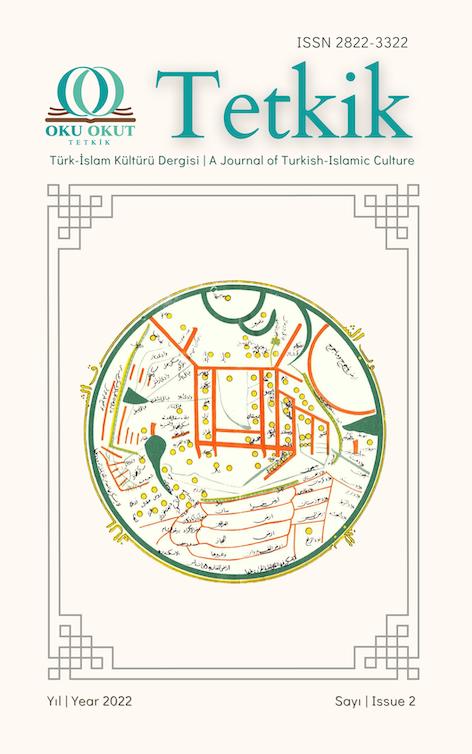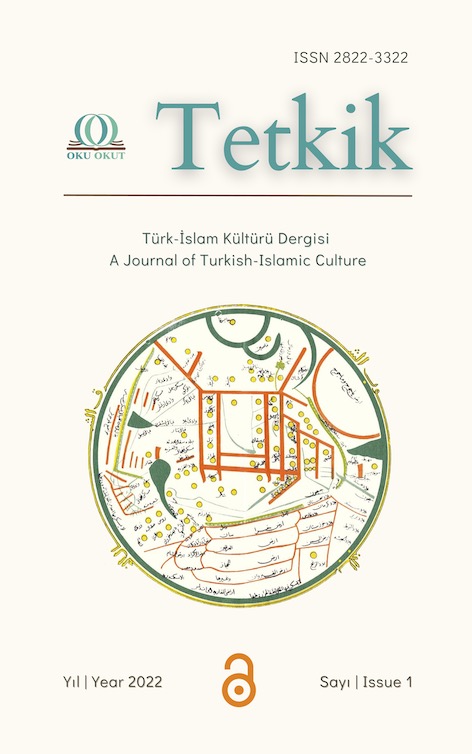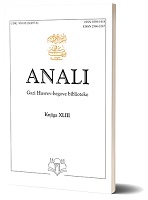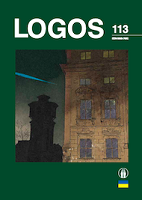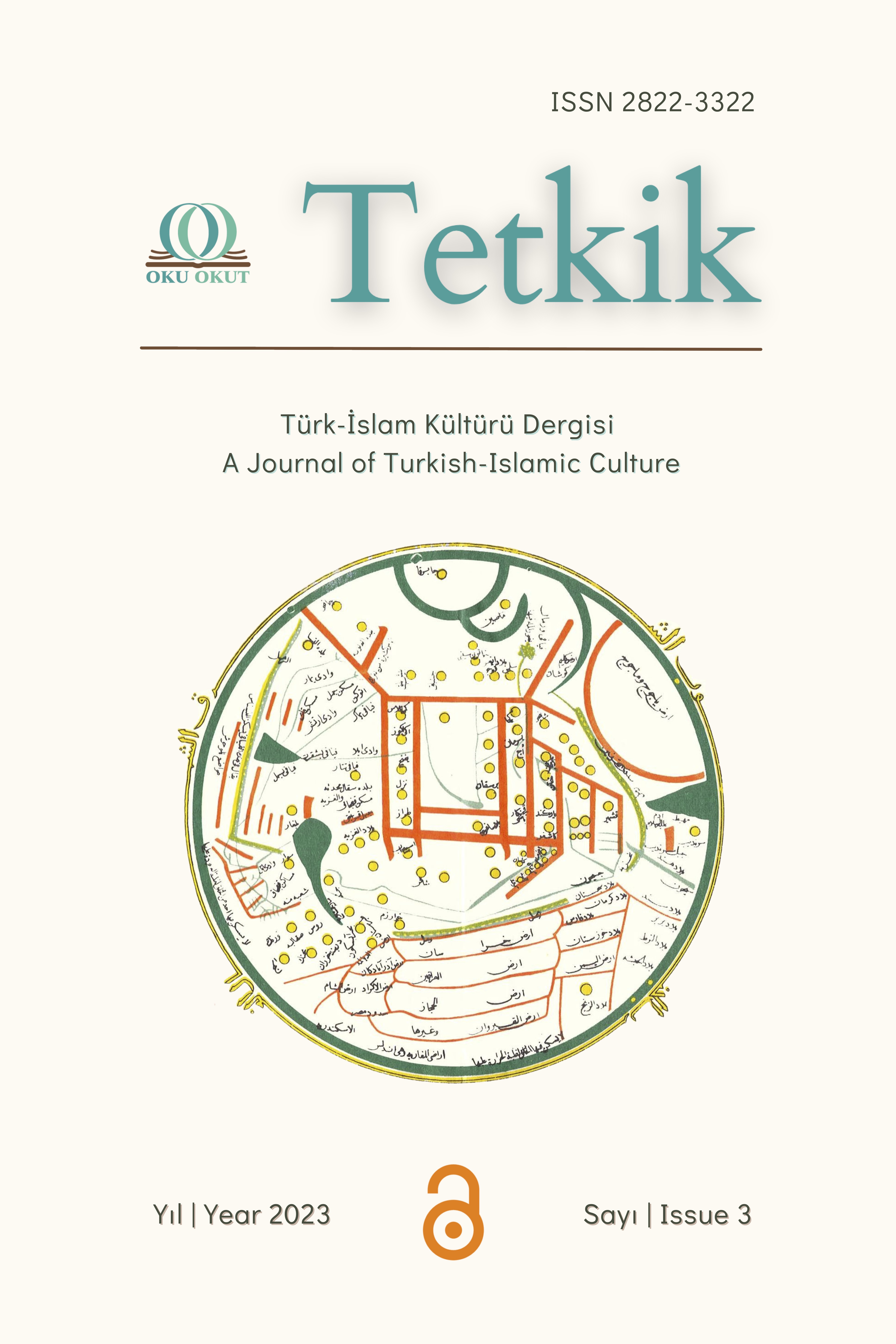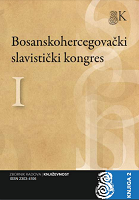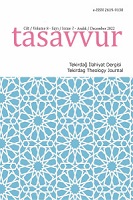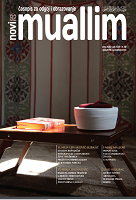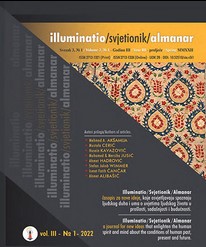
O PRIRODNOJ VJERI (AL-IMAN) I FORMALNOJ RELIGIJI (AL-DIN)
This article is focused on the interplay of natural faith (al-īmān), formal or artificial religion (al-dīn), and the art of politics (fannu-l-siyāsah) in Islam. Trust in God is primordial faith (al-īmān), which is shared by all human beings in the conception of their creation by God who breathes His soul (al-rūḥ) into each and every human being as a potential trust in Him. Thus, trust in God is the matter (hyle) of faith. The faith is not yet the form (al-ṣūrah or al-shakl). The form of the matter of faith becomes religion (al-dīn), after it has been shaped by the art of theologians as an artificial theology, which is not necessarily wholly compatible with the primordial matter (hyle) of faith, but it cannot be said that the form (al-ṣūrah or al-shakl) of religion (al-dīn), as formal or artificial theology, is totally void of the matter or substance of the natural faith (al-īmān). The art of politics (fann al-siyāsah), a politics that uses or abuses naturally born faith (al-īmān) and formal religion (al-dīn) is to preserve continuity and encourage change in history. In this process of continuity and change, many forces in Islamic history were at play and many crises arose as a result. This article is an attempt to identify these “forces”, focusing on the phenomenon of historical and contemporary deviations of “extremism” in the world of Islam.
More...
